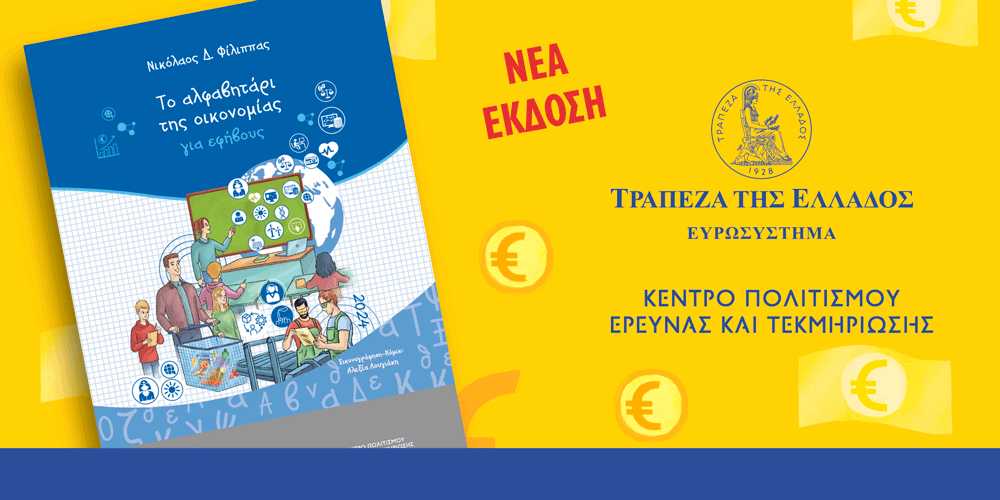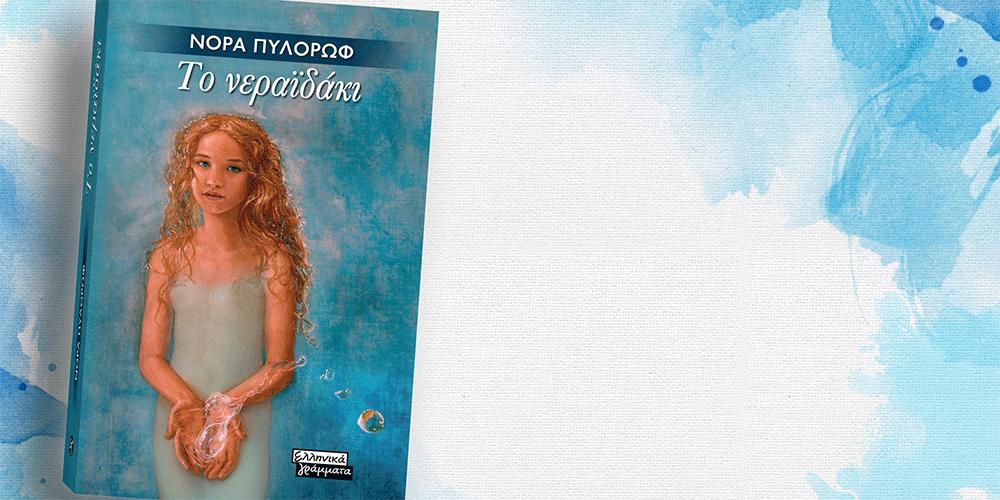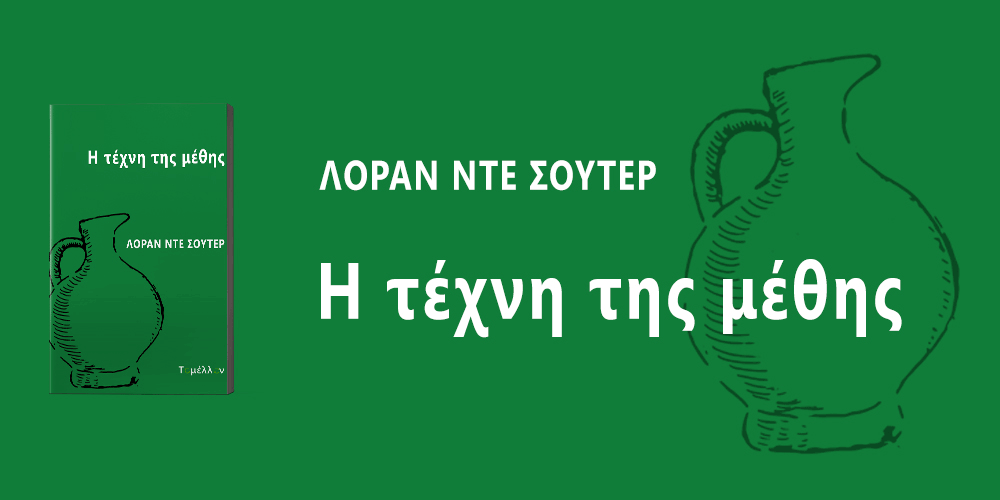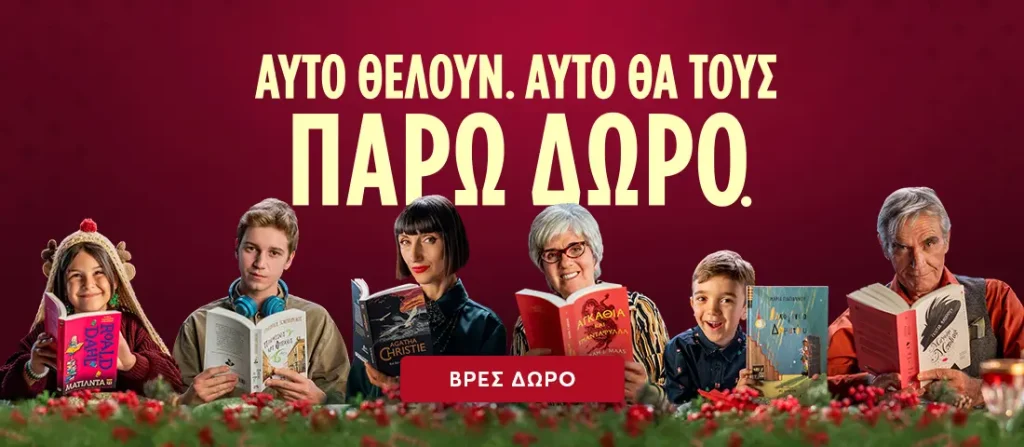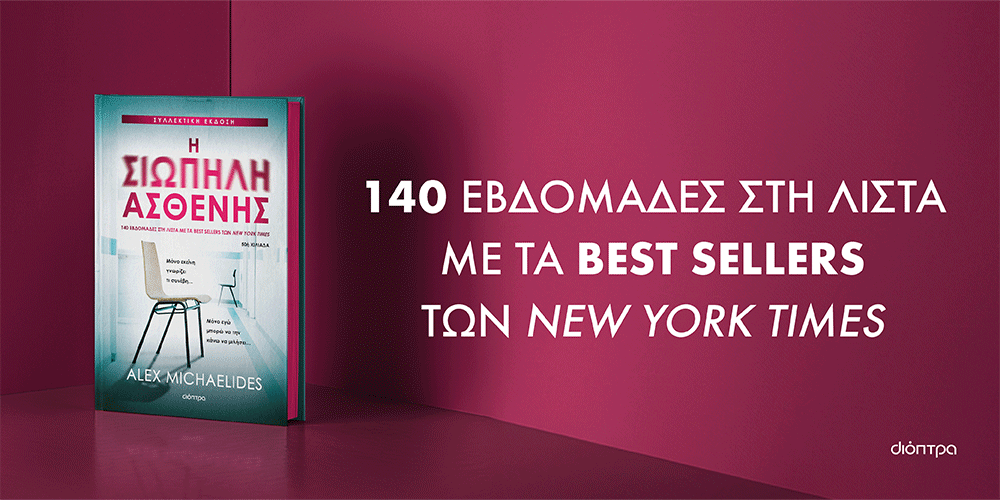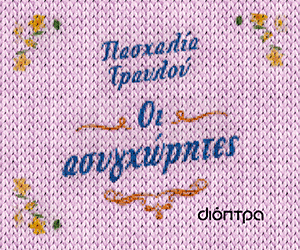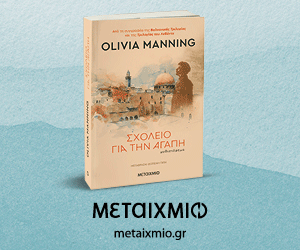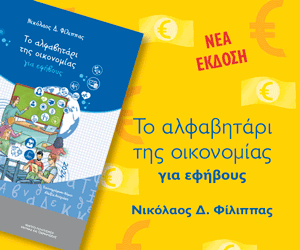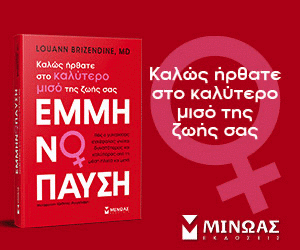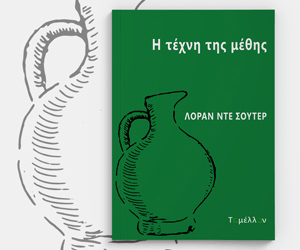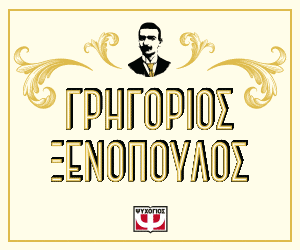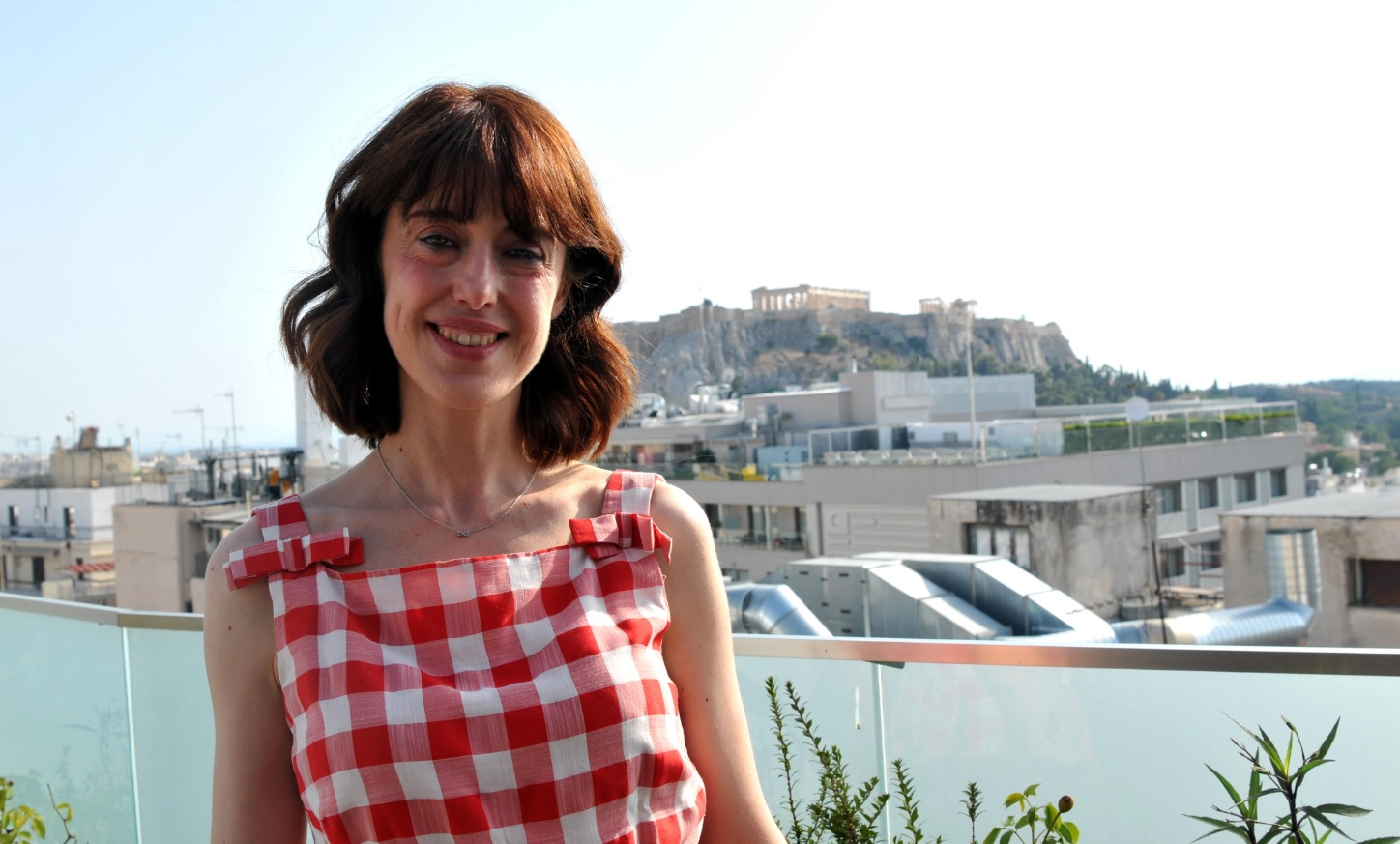
***Απαγορεύεται από το δίκαιο της Πνευμ. Ιδιοκτησίας η καθ΄οιονδήποτε τρόπο παράνομη χρήση/ιδιοποίηση του παρόντος, με βαρύτατες αστικές και ποινικές κυρώσεις για τον παραβάτη***


Irene Vallejo was in Greece as a guest of the LEA Festival and Metaixmio Publications and we had the opportunity to meet her and enjoy a conversation with her about her new book entitled Papyrus, published by Metaixmio, a book that is a global success and has already been translated into many languages. The Irene Vallejo we met impressed us with her kindness, her smile and her love for books, Greece and classical literature. As she said, she has been promoting this book for 3 years and next autumn she is having a new tour so now she is exhausted but excited and happy being in Athens because of the great emotions and love she felt in Greece.
Actually, she was looking forward to coming to Greece. It is her forth time that she visited out country. She had come many years ago when she was at the university. She loves Giorgos Lanthimos, who as she says is the new Luis Bunuel and he deserves an Oscar and Babis Makridis’ movies. She loves reading Greek literature. She liked very much ”Kassandra and the wolf” by Margarita Karapanou and she found the symbolism of this book extremely interesting. She also loves reading Yiannis Ritsos, Georgios Seferis, Petros Markaris, Pavlos Matessis whose book ”The mother of the dog” was so moving and she is very fond of the ancient Greek classics. She also admires Yannis Kounelis and the general creativity of the Greek artists. She confessed that before Papyrus was not a very well known author in her country but now she is very happy with the success of her book. She also said smiling that she felt amazed and honoured from the love she felt in Greece.
Irene Vallejo is married to Enrique Mora and they have a son together.
![]() Tessy Baila, 26th June 2022
Tessy Baila, 26th June 2022
![]()
![]()
In “Papyrus” you recount the creation of a great achievement. The creation of book. Is this creation a great step in the history of humanity and why?
Yes, it is. Actually, there is no History before documents, writing or books so it’s the beginning of History, it’s the beginning of our knowledge of the past, it’s the beginning of acceleration and progress and society and science and creation and relationships and I think it’s a milestone in humanity. The first step was the invention of writing and the transition from oral societies to the written world and then as you have this marvelous tour in writing you have to find out where you can write and this is the best period in the world and the best experiment writing on stone, on clay, on trees, on animal leather, on everything, on metal, wax, people had been trying to find the best material in order to save our poems, our tales, our memories, our passions or feelings, our debates, our techniques, you know, it’s a period of experimentation and a lot of people focus on the idea of finding out the best possible model of books. I would like the readers of this book to imagine this period of wonder and amazement of this first time that something was written when there were the first books on the record, the first books on the library, because, everything we take for granted was invented once and they are the result of a long period of experimentation and longing for the written world and I think books are our best success in the battle against oblivion and destruction. To sum up, this is the true achievement of books.
How many years you spent researching for writing this book and which was the first inspiration?
First of all, I was doing research when I was at the university for more than a decade about History of writing, History of reading, it was my doctorate and I was gathering papers and articles, academic techniques, ways of communicating that are different from the literary language so it was a first period of a decade of researching then I gave up my academic career and started as a journalist and I began writing fiction books, two novels and also books for both adults and children, so it was the amalgam of everything I learned in this phases of my life at university. Then as a journalist, it was a very important time because I learned how to explain very complexed ideas to general audience and then with my novels and books for children I acquired the tools of fiction, evocation, heroes, atmosphere, suspense and the rules of narration and Papyrus was the result of all this career and then I dedicated four more years to write this book down and a year and more working with my publisher and my editor to improve every detail, so it is the result of my whole life with my memories of my childhood, the stories that my mother was telling me on my bedside. You know, I was trying to write this book for the girl I used to be when I was listening to the stories of my mother and I wanted to narrate and share this information I’ve gathered from my years of university and use it in a literary way, like a tale, like “one thousand and one nights” aiming at a bigger audience and this book is a tribute to my mother and all mothers and fathers who read aloud stories for their children.
![]()
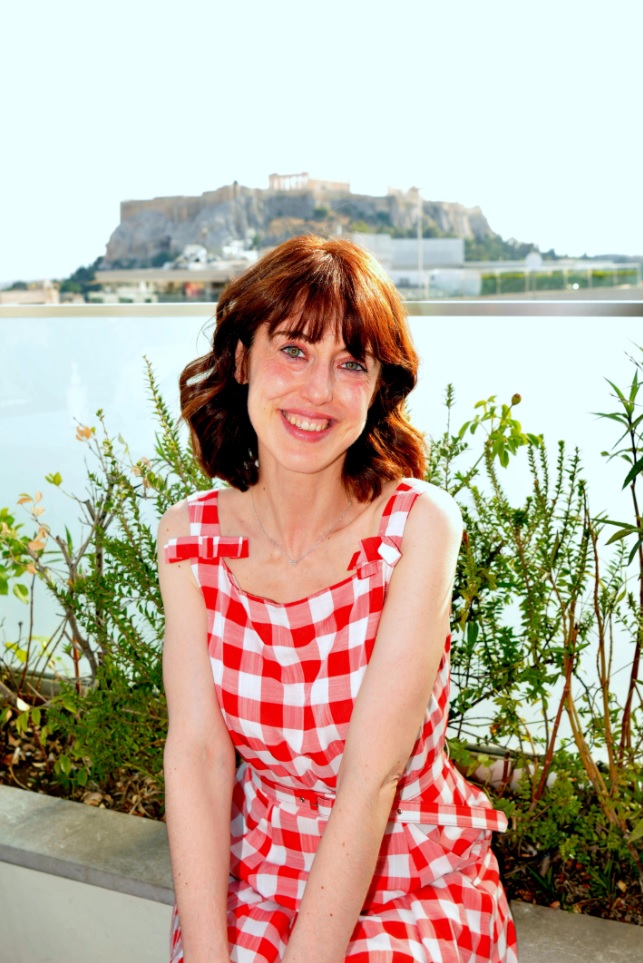
Irene Vallejo, photo by Tessy Baila
Τhat’s why you chose to write this book is written in this form and not as a purely essayistic text?
Yes, it is like a literary experiment. I knew how to do it in an academic way but this was different like “an essay of adventure”, a Spanish writer said so to define the book and I love this idea. When I was teaching at the university I found out that my students were more impressed by stories, biographies, human faces, travelogue, personal experience, tales and stories and adventure and danger rather than abstracts, concept, arguments. So I wondered if I could come up with an essay pretty much like a novel with suspense and characters and adventure and the first scene of the book was with mysterious horsemen riding roads seeking books for Alexandria, the first lines looked like lines for adventure, something very different from what you expect in an essay.
When you started writing this book did you expect this huge worldwide success?
No way! This was born very humble, small. I didn’t even know if any publishing house would like to have it and publish it and it was in a very painful period in my life because we had our son with serious health problems and he was in the hospital for almost a year and while we were in pain and anguish this book was like my refuge. I wasn’t sure that I will finish it up and I was just aware that writing this book make me feel stronger and more capable of struggling, that was all, and the hours I dedicated to writing were the happiest, you know, I was able to forget the anguish and the hospital and the fear and I was happy, trying to get in touch with the things that made me happy as a reader, as a writer. I tried to bring back happy memories, fond memories of my childhood, with my mother of travelling than being in a hospital all day.
It was a book for me and my health, I wasn’t thinking about the audience or the readers. The funny thing is that the circumstances I wrote this book were the same circumstances with the ones many of the readers faced with pandemic and lockdown they were worried about people they loved and they were at the hospital. It was a period of loneliness and anguish and we were alone, and this book was the same refuge for them as it was for me so it’s funny, because, I couldn’t imagine of course this peak of communication and contact with my readers. It was very moving and when we were talking in the social media about the book and I could answer and talk about caregiving and love and all the ideas were part of the book and the readers could understand me, it was beautiful and moving. Maybe the subject of the book changed somehow because of the caregiving we received while in hospital. I was thinking about the history of the way we communicate after the invention of writing, things that are close to my academic feel of expertise, but when our son was born, I had a strong feeling that I was supported of people in the hospital who took care of us and all those they are in need of help and attention so I started thinking about those people who made everything possible. They are usually in the shadows, but everything was possible thanks to them so the main topic of Papyrus is those anonymous people who save books, safeguard our memory, the treasure of our poetry and novels, theater and music and everything else, the culture memory of who we really are.
This is a tribute to people in the hospital. Life entered the books and changed them. I think this is a tribute to the forgotten, to the anonymous those people who really care for books, copy books and hide them when they are persecuted in order to save the books that are close to their heart.
![]()
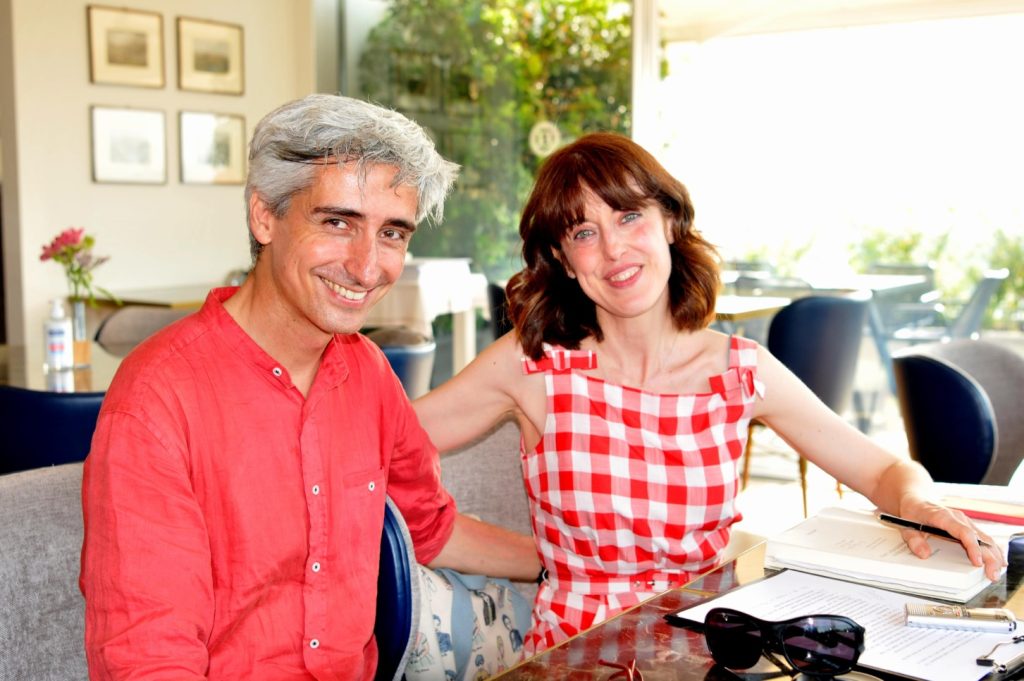
Enrique Mora & Irene Vallejo, photo by Tessy Baila
![]()
It is written in the book that, “the fact that we can all love the past is a profoundly revolutionary fact”, so, you agree that knowledge is the most important form of revolution?
Knowledge is power and that is the reason that books are persecuted, have enemies and they are targeted even now, for instance in the context of the war libraries are protected by UNESCO but they are attacked and destroyed. The attempt to delete the memories of a country, of a culture, of people is still going on now. We have this particular example of Salman Rushdie who was threatened for his book or Roberto Saviano in Italy who wrote about mafia and he is persecuted.
Books are power because they are knowledge and the history of books is the history of the battle of democratizing and this is the epic of the book and not the war. At the very beginning of the History, books were in the procession of aristocrats, the priests, the lucky ones and we see they are spread now and we have them in libraries, schools, readers and book sellers teachers and everything is open and it’s the history of this accomplishment of making books available for almost everyone.
It is the dream of the Library of Alexandria, it is also the dream through Internet and public libraries and school, universities, our effort to accomplish this legacy of Alexandria and the Greek World because the Greek civilization was so fond of knowledge and word ‘logos’ and this is one of your valuable heritage for the future and we learned from you the importance of sharing knowledge and this is the idea of philosophers who were trying to involve everybody in the discussion about ethic or political issues. The book is this heritage and the legacy and we are trying to expand the access to the knowledge and this mission has always had enemies and it is always in danger and we are trying to have the books as the decisive tools to achieve this.
Speaking of Alexandria, have you ever imagined yourself in the ancient library of Alexandria?
Yes, I was trying to imagine the days, the space because we have an abstract idea about the Library of Alexandria but I was researching deeper trying to discover the feeling, the sense of being there and being part of this community because the Library was not a museum but a revolutionary place where the wisest minds were meeting together to cooperate and to think about what to discuss and how to make progress. And it was amazing that there was the idea of making the whole community to become philosophers and the idea of thinking and reflecting and being engaged in a debate that is a right to everyone. I think this is a big project and this big ambition and deeply inspiring for the future and even though the Library of Alexandria was destroyed several times I think it is not going to be silenced again.
![]()
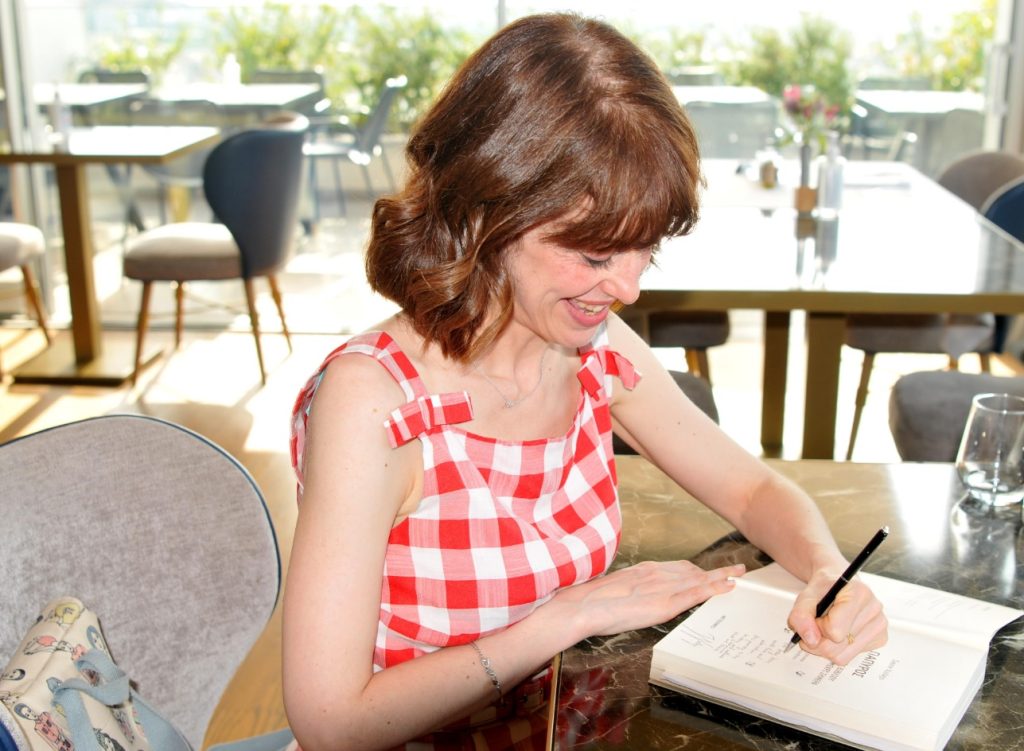
Irene Vallejo, photo by Tessy Baila
![]()
![]()
Do you follow a specific schedule when you write? What are the ideal conditions for you when you write?
To be frank, since I became a mother, I had to give up all the rituals and demands and I write whenever and wherever I can. It’s challenging with a boy who demands a lot of care and attention. It is difficult. What is very essential to me is the structure of the book. So, my husband (Enrique Mora) helps me with the story script of the cinema (Enrique Mora is a professor of the History of Cinema). I used to work on them for months before I started writing the first lines of the book and I was considering this structure. It seems so free willing process but in fact it isn’t, everything is prepared and I think of them with care and I try different combinations and alternatives for every idea. I had a bunch of facts to share with my readers and I need a story for each one. My idea was that humanity has used stories and fables, epic poems and so on to transmit wisdom and ideas to our History, so I wanted to try to do the same thing with Papyrus.
The material I had gathered during my researching years at university I wanted to make part of a story, one story after another, a tale one after the other and so on so I needed to have a clear structure for these stories and the connection between them and the connection between our past and present because to me is an essay about us today.
Sometimes, in order to understand ourselves, to contemplate ourselves, we need a mirror of the past. The course and the progress of the ideas of changes of the revolutions that made possible for us to live free or have access to knowledge or to be able to read and write was the idea. And I selected the characters and periods that were essential to me and the key to understand the present. Everything was deliberate, I was thinking about it, I changed things. So I use the technique of post-its. I use different coloured post-its on the wall. One colour is for the material. Another colour is for biographical elements. Another colour for humor. Another for digression of films, TV shows or music. It was funny when my son changed the post- its so I had to photograph them at the end of each day, to keep it, as he loved the forbidden place of the house.
![]()
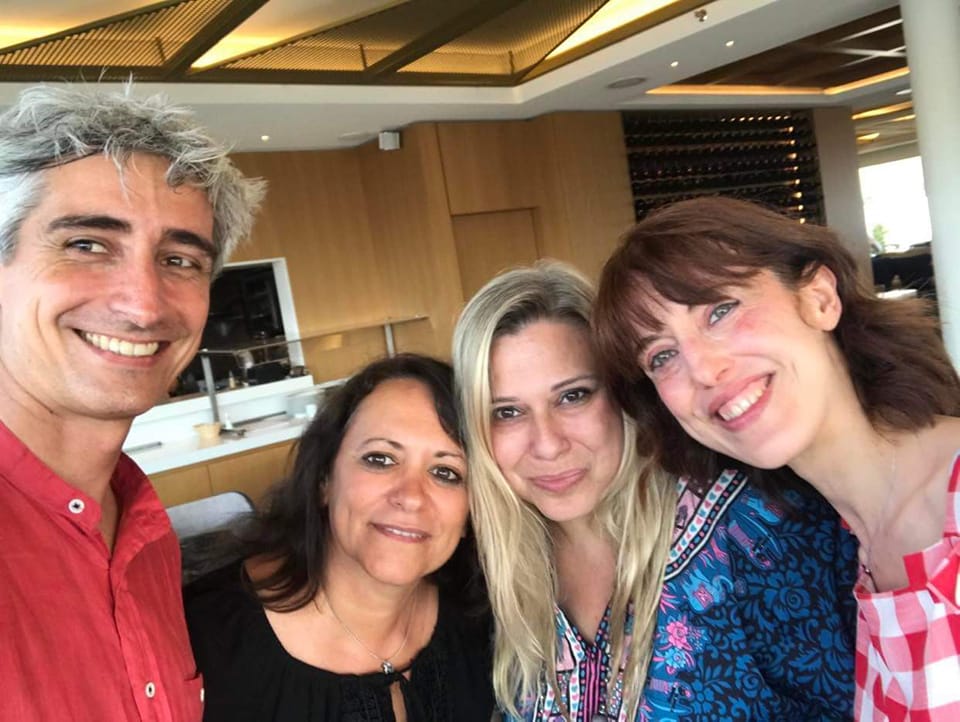
Enrique Mora, Tessy Baila , Dina Sarakinou, & Irene Vallejo, photo by Enrique Mora
![]()
What makes you give up reading a book?
I try to give a book a chance, I read forty-fifty pages, it is not that I don’t like this book, may be it is not the right moment, it is not what I need but I am not for making sacrifices, there are so many books worth reading so you don’t have to spend time reading a book if you are not enjoying it. Many times in my life I have started a book and it is not the moment and when I read this book but years after I love it passionately.
Reading is not a mandatory task, you know. When they ask me about the problem that young people don’t read any more, saying that this is the end of reading and the end of books and things like that, I think that the key issue is freedom. We enjoy a book and when we enter them, we are open to the messages freely and with the desire and if you don’t feel like this, it is better to abandon the book and give it another chance in future years.
It is important to be very natural with the books having the freedom to choose what you like. Children also need the freedom to choose their books and for me the important thing is books to be part of the daily life and to visit libraries or the bookstores with them. Have a conversation with them about the books and criticize them and be allowed to like a book or not and to see adults reading.
Nowadays when we talk about classics, people think about mandatory reading that has to be done for school or university forcefully. But in fact, they are the most beloved books. To our History, these are the books that people felt close to their hearts, so they saved them. You know the destiny of every book, for every work of art is destruction so they need to be saved by generation after generation from people who they loved them. So people felt these books are so important and they hold on to them, so they were saved from barbarism, destruction, pandemic, illiteracy and other dangers. What describes classic is the fact that this book, this poem, this novel survived and to achieve this survival classic books need a lot of protectors, saviours, lovers. We say we love books, we are passionate with this book, we feel that there are voices inside books, that there is a personality, we get emotional about books and when books are destroyed or are burnt we feel it is a threat to our freedom, to our democracy.
![]()
 |
 |

Ακολουθήστε τo Literature.gr στο Google News και μάθετε πρώτοι όλα τα νέα για τον πολιτισμό και την επικαιρότητα από την Ελλάδα και τον Κόσμο.

